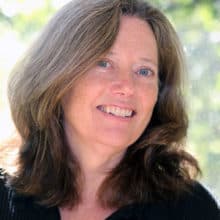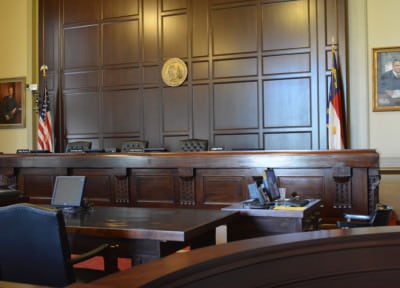Thursday, January 16, 1868
The Convention was called to order on Thursday at 11 o’clock, Mr. Pres. Cowles in the Chair.
President Cowles appointed a committee “on the best method of proceeding to form a Constitution.” This Committee of Sixteen includes influential delegates, including Delegates David Heaton, General G.C. Abbot, James Harris, Albion Tourgee, J. W. Hood, and W.B. Rodman. Heaton, Abbot, and Harris all had public roles the day before in supporting Cowles’ election.
Given Cowles’ inexperience in politics, this committee could exert considerable power during the convention. A sign of this is in the handling of the resolution introduced the prior day by Mr. Pool . This resolution would limit the work of the convention to the constitution until it was completed. Mr. Pool warned delgates “that the effect of killing this resolution would be perhaps to keep this Convention here thirty years instead of thirty days.” Delegate Tourgee countered that the purpose of the Convention, as established by Congress, includes for establishing a civil government and he did not “believe in putting a padlock upon the lips of members in advance.” Rather than voting on the resolution, on motion it was referred to the Committee of Sixteen.
Mr. Abbott offered a resolution to exclude reporters from the floor and the galleries if they showed disrespect to the Convention or its members. This led to considerable debate. Part of the concern was that when black delegates spoke, they would be noted as “negro” while there was no such distinction made for whites. Mr. Abbott said, “If it was necessary to describe delegates, why not say one was Yankee, anther Irish, anther baldhead &c.?” Objecting to the term, “negro,” Reverend James Walker Hood said it was meant as an insult. “It was a word not found in Scripture or ancient history.” The resolution carried 55 to 16. Mr. Plato Durham of Cleveland led a group of Conservatives in submitting a signed protest that the resolution restricts the liberties of the press.
In other business, the delegates agreed to change the hour to begin from 10:00 to 11:00 in the morning. And upon resolution offered by Mr. Heaton, the delegates agreed that an American flag would be suspended from the flagstaff of the capitol during the session of the convention.
On motion the Convention adjourned.


